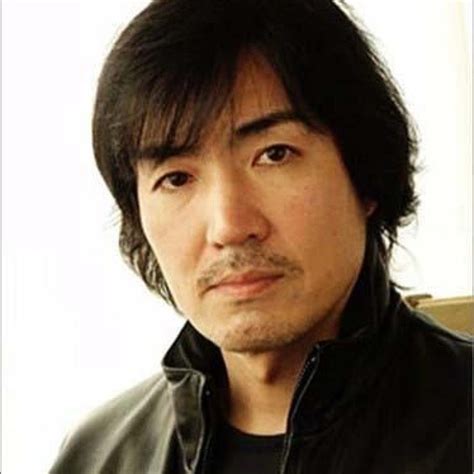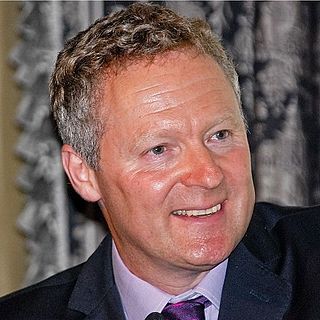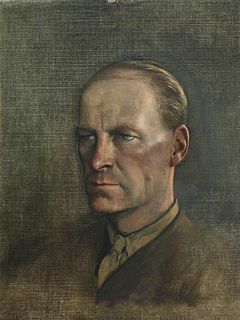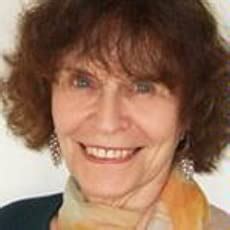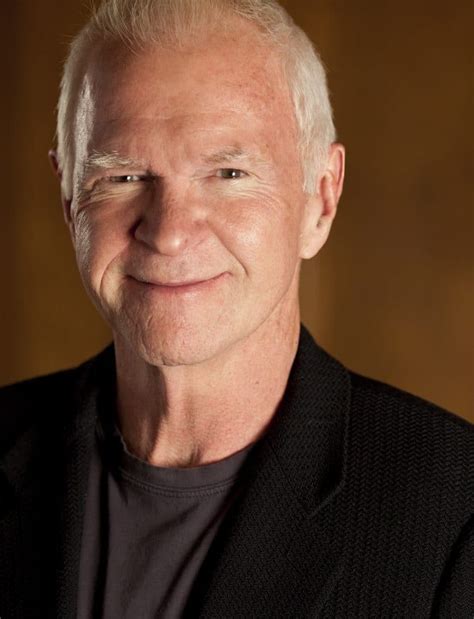A Quote by Theodore Kaczynski
The industrial-technological system may survive or it may break down. If it survives, it MAY eventually achieve a low level of physical and psychological suffering, but only after passing through a long and very painful period of adjustment and only at the cost of permanently reducing human beings and many other living organisms to engineered products and mere cogs in the social machine.
Quote Topics
Achieve
Adjustment
After
Beings
Break
Cogs
Cost
Down
Eventually
Human
Human Being
Human Beings
Industrial
Level
Living
Living Organisms
Long
Low
Low Level
Machine
Many
May
Mere
Only
Organisms
Other
Painful
Passing
Passing Through
Period
Permanently
Physical
Products
Psychological
Reducing
Social
Suffering
Survive
System
Technological
Through
Very
Related Quotes
Joy is what makes life worth living, but for many joy seems hard to find. They complain that their lives are sorrowful and depressing. What then brings the joy we so much desire? Are some people just lucky, while others have run out of luck? Strange as it may sound, we can choose joy. Two people can be part of the same event, but one may choose to live it quite differently than the other. One may choose to trust that what happened, painful as it may be, holds a promise. The other may choose despair and be destroyed by it. What makes us human is precisely this freedom of choice.
Physical science enjoys the distinction of being the most fundamental of the experimental sciences, and its laws are obeyed universally, so far as is known, not merely by inanimate things, but also by living organisms, in their minutest parts, as single individuals, and also as whole communities. It results from this that, however complicated a series of phenomena may be and however many other sciences may enter into its complete presentation, the purely physical aspect, or the application of the known laws of matter and energy, can always be legitimately separated from the other aspects.
Science is a way of thinking much more than it is a body of knowledge. Its goal is to find out how the world works, to seek what regularities there may be, to penetrate to the connections of things-from subatomic particles, which may be the constituents of all matter, to living organisms, the human social community, and thence to the cosmos as a whole.
The techno-industrial system is exceptionally tough due to its so-called "democratic" structure and its resulting flexibility. Because dictatorial systems tend to be rigid, social tensions and resistance can be built up in them to the point where they damage and weaken the system and may lead to revolution. But in a "democratic" system, when social tension and resistance build up dangerously the system backs off enough, it compromises enough, to bring the tensions down to a safe level.
Perspective, as its inventor remarked, is a beautiful thing. What horrors of damp huts, where human beings languish, may not become picturesque through aerial distance! What hymning of cancerous vices may we not languish over as sublimest art in the safe remoteness of a strange language and artificial phrase! Yet we keep a repugnance to rheumatism and other painful effects when presented in our personal experience.
So long as the law considers all these human beings, with beating hearts and living affections, only as so many things belonging to the master - so long as the failure, or misfortune, or imprudence, or death of the kindest owner, may cause them any day to exchange a life of kind protection and indulgence for one of hopeless misery and toil - so long it is impossible to make anything beautiful or desirable in the best-regulated administration of slavery.
Many healings of other physical troubles have occurred in my clients after they started to integrate breathing practices into their lives. There is a simple but encompassing reason that may explain this. The human body is designed to discharge 70% of its toxins through breathing. Only a small percentage of toxins are discharged through sweat, defecation and urination. If your breathing is not operating at peak efficiency, you are not ridding yourself of toxins properly.


